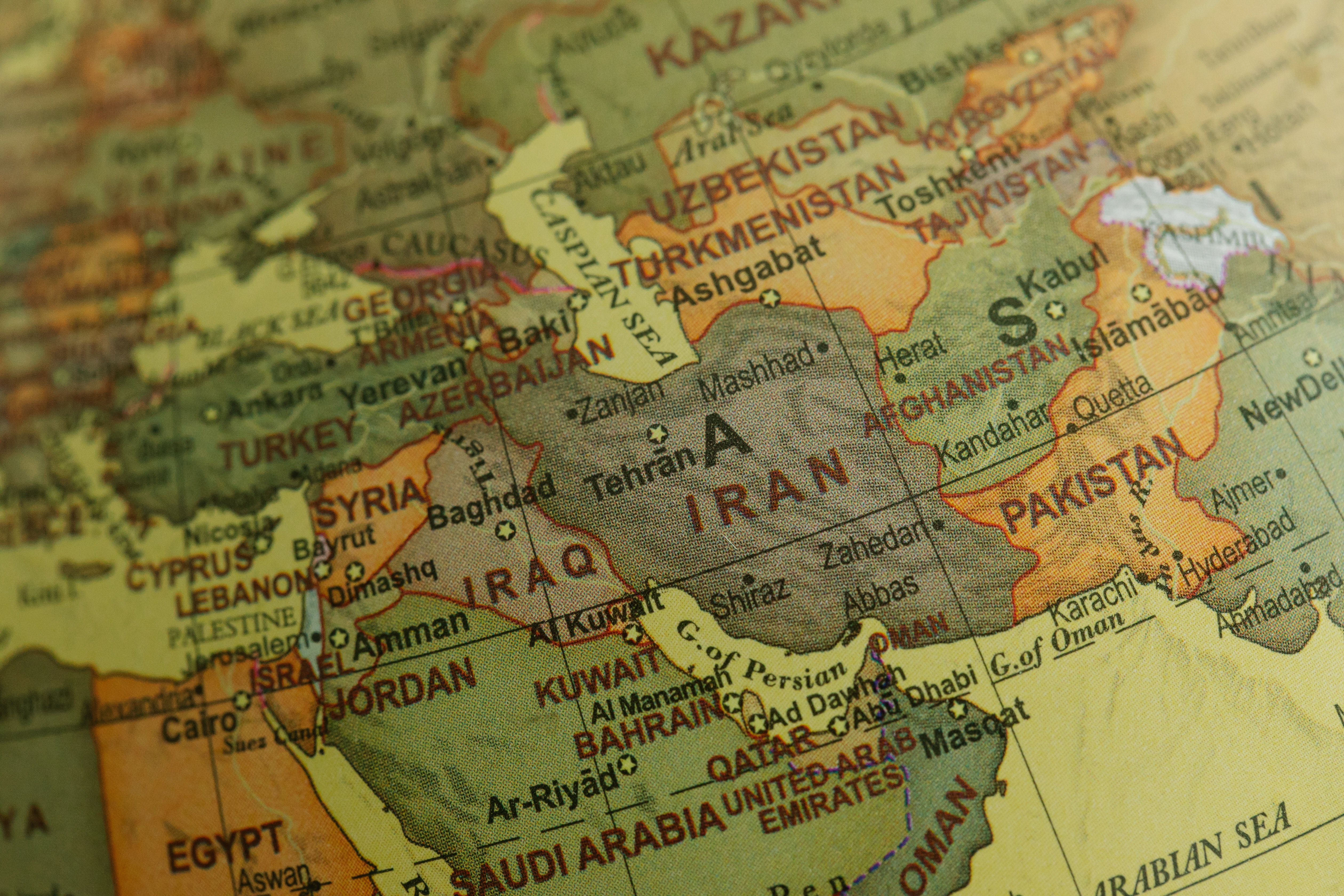
403
Sorry!!
Error! We're sorry, but the page you were looking for doesn't exist.
Several authoritarian regimes face unexpected setbacks
(MENAFN) In 2024, several authoritarian regimes faced unexpected setbacks, revealing their weaknesses. Notable examples include the fall of regimes in Syria and Bangladesh, marking significant defeats against the rising wave of global authoritarianism. These challenges have put pressure on leaders like Venezuela's Nicolás Maduro, Iran, and Myanmar's military junta. The collapse of regimes in Syria and Bangladesh has created challenges for new leaders in those countries, as establishing stable and inclusive governments has proven difficult after political unrest. In Bangladesh, India has accused the new government of failing to protect the Hindu minority, a claim rejected by the country's leadership. Bangladesh's interim leader, Nobel laureate Muhammad Yunus, acknowledged the high expectations placed on the new government, while stressing the difficulty of meeting them.
Despite these setbacks, many authoritarian governments, including those in Cuba, Russia, and China, remain firmly in power. The alliance between China, Russia, Iran, and North Korea has also grown stronger. The new U.S. administration under President-elect Donald Trump will likely take a clear stance on these regimes, aiming to address issues such as the conflict between Russia and Ukraine, preventing Iran from obtaining nuclear weapons, and managing the aftermath of Maduro's election victory. The fall of Assad in Syria has had a significant impact, showing how seemingly invincible dictatorships can collapse under pressure. Opposition groups around the world are gaining momentum, with some, like the Venezuelan opposition, citing Assad’s downfall as proof that authoritarian regimes are not as untouchable as they seem. Political scientist Marcel Dersus explained that authoritarian governments often rely on narrow circles of supporters to maintain power, leaving the general population disillusioned by corruption and nepotism.
The fall of Assad has reverberated due to the fragility of his alliances with other authoritarian regimes, especially Iran, which suffered significant losses after losing its proxies in Gaza and Lebanon. With Iran’s currency plummeting and growing domestic discontent, further challenges may arise, especially with Trump signaling a return to maximum pressure policies on Iran. In Asia, China’s Communist Party is facing a slowing economy and a struggling real estate market, which could be worsened by potential tariffs from Trump. Meanwhile, Myanmar's junta, reliant on Chinese support, is losing significant territory to insurgent groups, raising questions about the military’s future stability.
Despite these setbacks, many authoritarian governments, including those in Cuba, Russia, and China, remain firmly in power. The alliance between China, Russia, Iran, and North Korea has also grown stronger. The new U.S. administration under President-elect Donald Trump will likely take a clear stance on these regimes, aiming to address issues such as the conflict between Russia and Ukraine, preventing Iran from obtaining nuclear weapons, and managing the aftermath of Maduro's election victory. The fall of Assad in Syria has had a significant impact, showing how seemingly invincible dictatorships can collapse under pressure. Opposition groups around the world are gaining momentum, with some, like the Venezuelan opposition, citing Assad’s downfall as proof that authoritarian regimes are not as untouchable as they seem. Political scientist Marcel Dersus explained that authoritarian governments often rely on narrow circles of supporters to maintain power, leaving the general population disillusioned by corruption and nepotism.
The fall of Assad has reverberated due to the fragility of his alliances with other authoritarian regimes, especially Iran, which suffered significant losses after losing its proxies in Gaza and Lebanon. With Iran’s currency plummeting and growing domestic discontent, further challenges may arise, especially with Trump signaling a return to maximum pressure policies on Iran. In Asia, China’s Communist Party is facing a slowing economy and a struggling real estate market, which could be worsened by potential tariffs from Trump. Meanwhile, Myanmar's junta, reliant on Chinese support, is losing significant territory to insurgent groups, raising questions about the military’s future stability.

Legal Disclaimer:
MENAFN provides the
information “as is” without warranty of any kind. We do not accept
any responsibility or liability for the accuracy, content, images,
videos, licenses, completeness, legality, or reliability of the information
contained in this article. If you have any complaints or copyright
issues related to this article, kindly contact the provider above.






















Comments
No comment